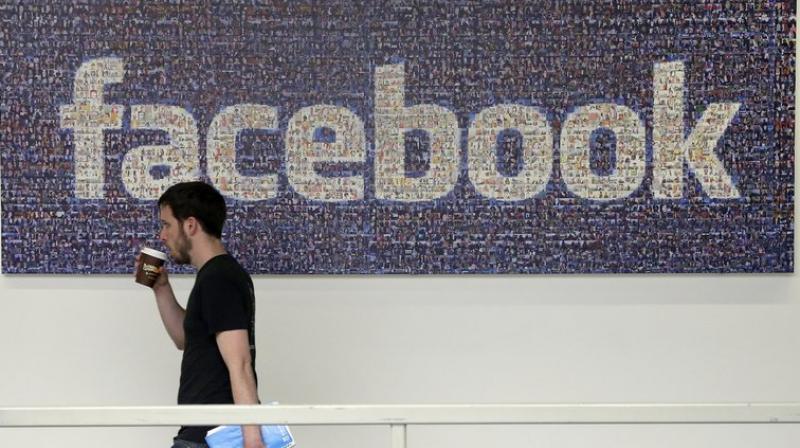Facebook blocks accounts linked to Russian state-owned Sputnik
20 January, 2019

Facebook Inc said on Thursday it had removed hundreds of Russia-initiated accounts, which it judged to be involved in coordinated inauthentic behaviour on its platforms, including some linked to state-owned news agency Sputnik.
In a separate statement, Sputnik attacked the social network for a decision it said was political and amounted to censorship of seven Facebook pages belonging to its news hubs in neighbouring countries.
Facebook's head of cybersecurity policy, Nathaniel Gleicher, said in a blog post it had unearthed two separate operations which originated in Russia, with one active in multiple countries across eastern Europe and the other specific to Ukraine.
The social media company said it had taken down about 364 Facebook pages and accounts operating in Baltic Sea states, Central Asia, the Caucasus, and parts of Europe, and that the pages were linked to employees of Sputnik.
“Despite their misrepresentations of their identities, we found that these pages and accounts were linked to employees of Sputnik,” Gleicher wrote.
“Some of the pages frequently posted about topics like the anti-NATO sentiment, protest movements and anti-corruption.”
Facebook has been under fire for the last two years for its self-admitted sluggishness in developing tools to combat extremist content and propaganda operations.
It and other social media companies have targeted foreign interference on their platforms after criticism that they did not do enough to detect, halt and disclose Russian efforts to influence the outcome of the 2016 U.S. presidential race.
Iran and Russia have both denied allegations that they used social media platforms to launch disinformation campaigns, but Facebook and Twitter Inc took down millions of posts and shuttered accounts linked to influence operations in the run-up to mid-term elections last November.
Facebook also said that based on a tip from U.S. law enforcement, it had separately removed 107 pages, groups and accounts and 41 Instagram accounts that originated in Russia and operated in Ukraine.
“We didn’t find any links between these operations, but they used similar tactics by creating networks of accounts to mislead others about who they were and what they were doing,” the company said.
With the Ukraine-specific accounts, Facebook said it identified some technical overlap with Russia-based activity it saw prior to the U.S. midterms, including behavior that shared characteristics with previous Internet Research Agency (IRA) activity.
IRA was indicted by Special Counsel Robert Mueller in 2018 for flooding social media with false information in a bid to sow discord in the run-up to the 2016 election.
A New York Times report in November contended that Chief Executive Officer Mark Zuckerberg and other executives had tried to deflect criticism internally and in Congress about Russian propaganda spreading through Facebook over the last three years.
Zuckerberg defended his response to Russian election meddling on Facebook and issued a new plan aimed at stifling misbehaviour while maintaining a vibrant hub for online speech.
